Introduction Achieving a more sculpted and defined appearance no longer requires surgery. Thanks to advancements…
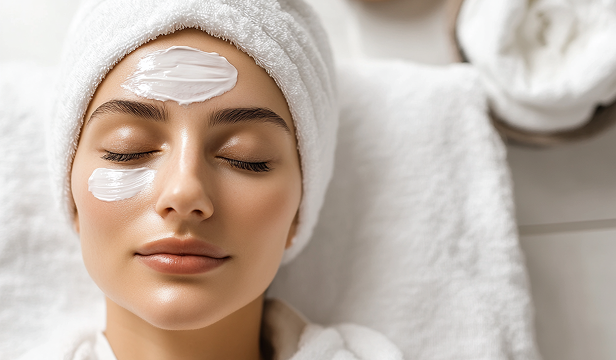
Anti-Aging Treatments: What Really Works?
Introduction
Aging is a natural process, but various treatments and lifestyle changes can help maintain youthful skin and overall vitality. With numerous options available, it’s important to distinguish effective treatments from those that offer little to no benefit. This guide explores scientifically-backed anti-aging treatments that genuinely work.
1. Topical Treatments
a. Retinoids (Vitamin A Derivatives)
- Stimulate collagen production
- Reduce fine lines and wrinkles
- Improve skin texture and tone
- Found in over-the-counter retinol and prescription-strength retinoids
b. Vitamin C (Antioxidants)
- Neutralises free radicals that cause skin damage
- Brightens skin tone and reduces pigmentation
- Enhances collagen production for firmer skin
c. Hyaluronic Acid
- Hydrates and plumps the skin
- Reduces the appearance of fine lines
- Boosts skin elasticity and smoothness
d. Peptides
- Stimulate collagen and elastin production
- Improve skin firmness and reduce sagging
e. Sunscreen (SPF 30 or Higher)
- Prevents premature aging caused by UV exposure
- Reduces risk of age spots, fine lines, and wrinkles
- Should be used daily for optimal protection
2. Professional Treatments
a. Chemical Peels
- Exfoliate the skin for a fresher, younger appearance
- Reduce fine lines, wrinkles, and pigmentation
- Stimulate new cell turnover
b. Microdermabrasion and Microneedling
- Enhance skin renewal and collagen production
- Improve skin texture and elasticity
- Minimise scars and fine lines
c. Laser Therapy
- Targets deep wrinkles, sun damage, and pigmentation
- Boosts collagen production for smoother skin
- Effective for long-term rejuvenation
d. Botox and Dermal Fillers
- Botox temporarily relaxes facial muscles to reduce wrinkles
- Fillers restore lost volume and plump the skin
- Both provide noticeable results with minimal downtime
e. Platelet-Rich Plasma (PRP) Therapy
- Uses the patient’s own platelets to stimulate cell regeneration
- Improves skin texture and reduces wrinkles
- Commonly known as the “Vampire Facial”
3. Lifestyle and Dietary Habits for Anti-Aging
a. Healthy Diet
- Consume antioxidant-rich foods (berries, nuts, leafy greens)
- Include omega-3 fatty acids for skin hydration
- Limit sugar and processed foods to prevent glycation
b. Regular Exercise
- Increases blood circulation and oxygenation of skin cells
- Reduces stress and enhances collagen production
c. Adequate Hydration
- Keeps skin plump and reduces dryness
- Supports the body’s natural detoxification processes
d. Quality Sleep
- Essential for cellular repair and regeneration
- Reduces dark circles and promotes youthful skin
e. Stress Management
- Chronic stress accelerates aging
- Practice mindfulness, yoga, and relaxation techniques
4. Supplements for Anti-Aging
a. Collagen Supplements
- May improve skin elasticity and hydration
- Helps maintain joint health
b. Coenzyme Q10 (CoQ10)
- Protects against oxidative stress
- Supports energy production in skin cells
c. Resveratrol
- Found in grapes and red wine
- Has anti-inflammatory and antioxidant properties
d. Omega-3 Fatty Acids
- Reduces inflammation and supports skin barrier function
Conclusion
Effective anti-aging treatments combine a mix of scientifically-proven skincare, professional treatments, and lifestyle changes. By adopting a holistic approach, individuals can maintain youthful, healthy skin and slow down visible signs of aging. Investing in sun protection, a balanced diet, and targeted treatments will yield long-term benefits for both appearance and overall well-being.
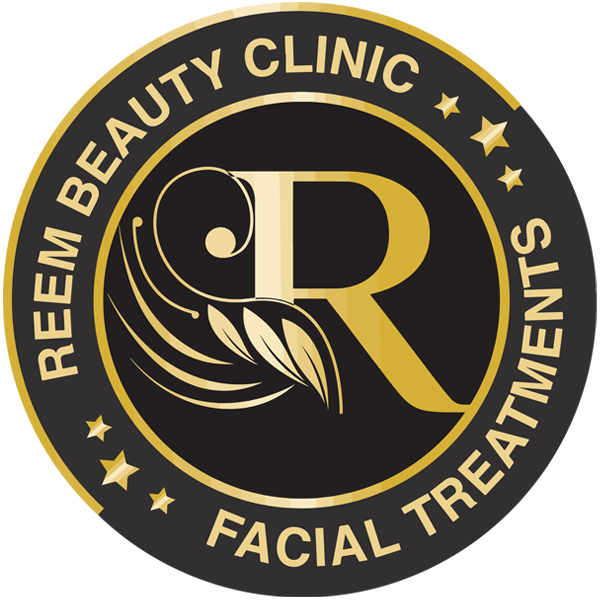
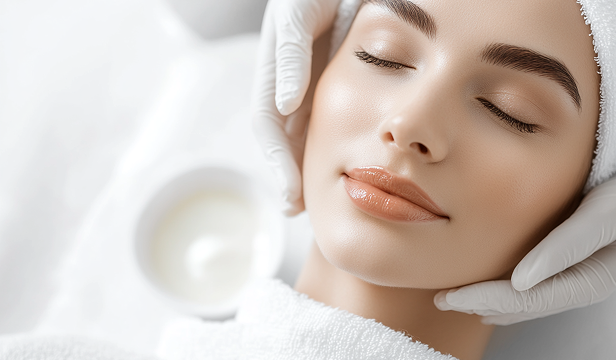
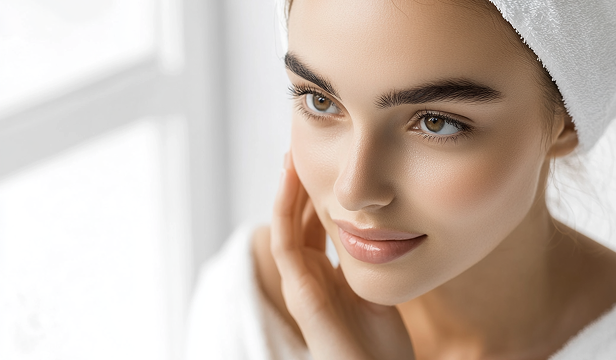
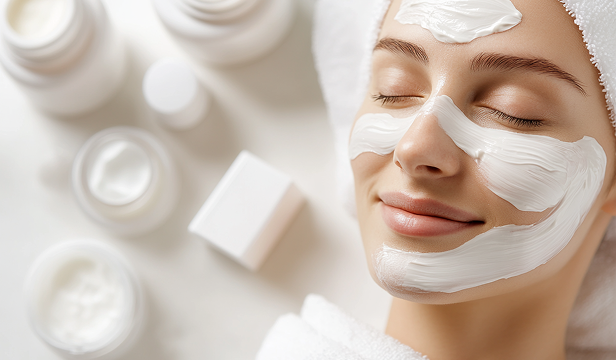
This Post Has 0 Comments